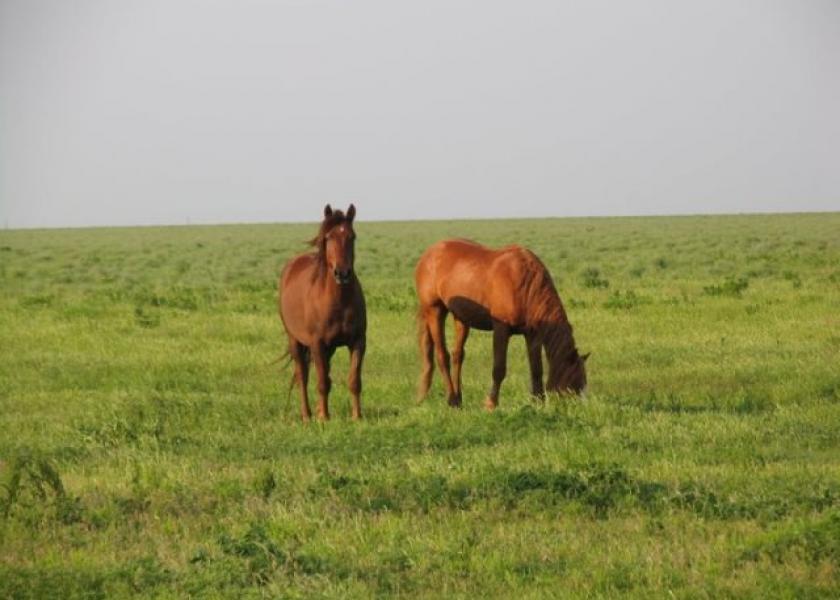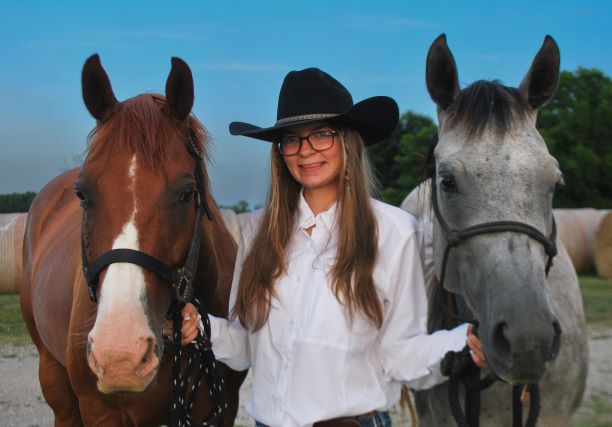Inflation Hits Working Ranch Horses, Too

Rapid price increases that began with the onset of the COVID-19 lockdowns have greatly impacted many agricultural production markets. While prices are inflated for tractors, trucks and other machinery, the prices for working ranch horses have also risen dramatically.
Higher prices have made it difficult for businesses that depend on highly trained horses to continue normal operations.
In addition to price increases caused by inflation, horse prices are also being driven by a pop culture phenomenon.

Popular TV shows such as “Yellowstone” have created a perfect storm. The western lifestyle has affected the horse market and there is a Rip Wheeler competing for the same cow ponies that many agricultural businesses depend on. Many ranchers are scraping by on mediocre mounts.
Feedlots and ranches that depend on working horses have tried to tweak traditional strategies to fit this unusual environment. Horses are no different than any other type of essential equipment.
They break down and require service and maintenance. However, business must go on. Feedlot pens and cattle on grass must be ridden daily to manage cattle health and wellness. Long days under saddle covering big country takes a toll.
“Due to price inflation, a lot of cowboys have begun riding more ranchowned horses instead of their own, including myself,” says Tyler Gardner, manager of the Bear Creek Division for a ranch in southern Montana. “We’ve also started utilizing insurance policies that cover our personal working ranch horses. It’s just too difficult and expensive to replace them if they go down.”
TURNKEY WORKHORSES
Most feed yards, however, can’t afford to start their own colts. They need highly trained, “turnkey” workhorses ready to go. Managers say maintaining the required number of horses needed simply isn’t attainable at present.
“We try to buy five to 10 horses at each opportunity we have,” says Jason Small, cattle manager for Simplot feed yard in south central Washington. “Our goal is to make sure each of our pen riders have at least five well-broke mounts, but we’ve had to cut back to only two to three. With labor shortages, it’s also been a real challenge to find good hands that have their own horses ready for the strenuous hours demanded in a feedlot.
Animal welfare isn’t just something we do when we can. It’s something we must do every day.”
Asking a horse to perform a job it’s not trained for strains both time and resources that must be dedicated to ensuring cattle are cared for properly.
Most feedlots and large ranches rely on highly functional mounts to execute daily operations, no different than side-by-sides and tractors. Without them, workdays become long, tedious and far less productive.
Mikah Wareham is a high school student in west-central Missouri where she enjoys working with horses and engaging in agriculture production on her family’s cow-calf operation.







